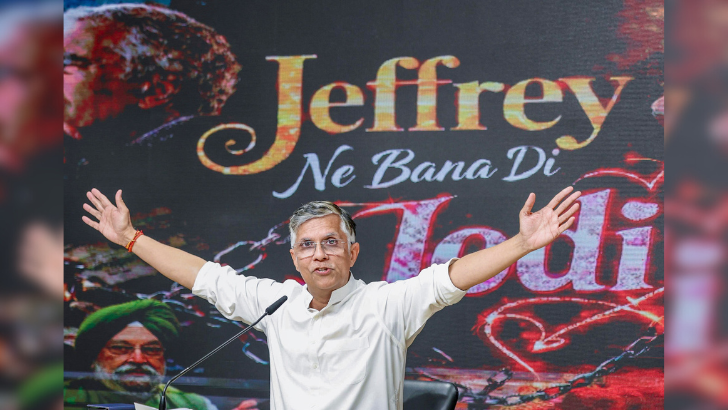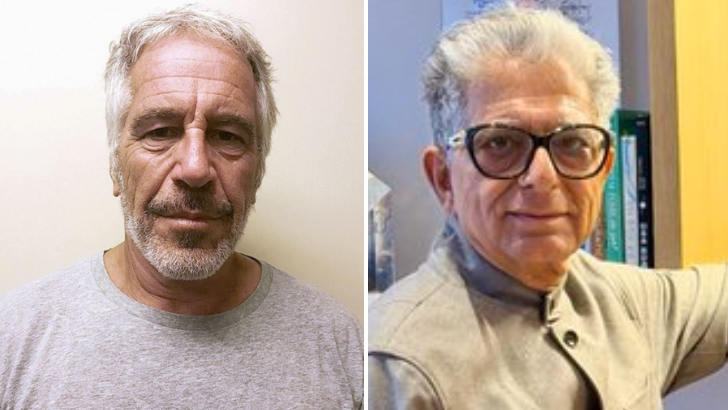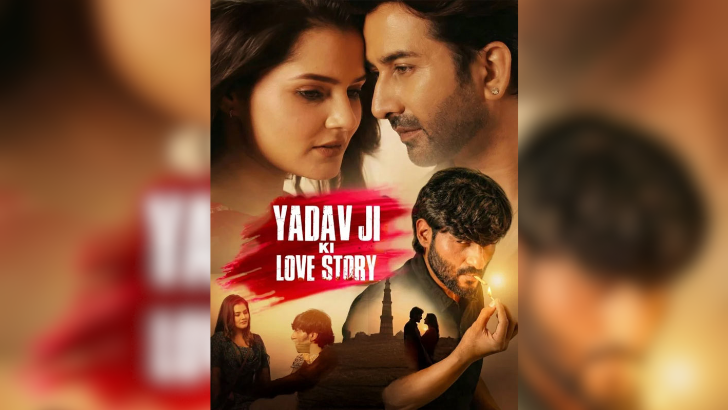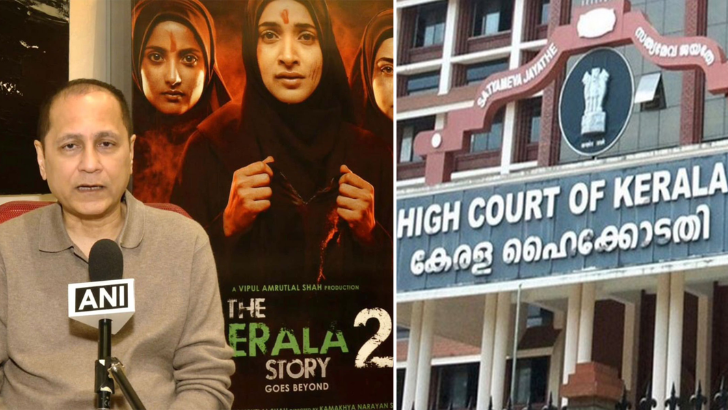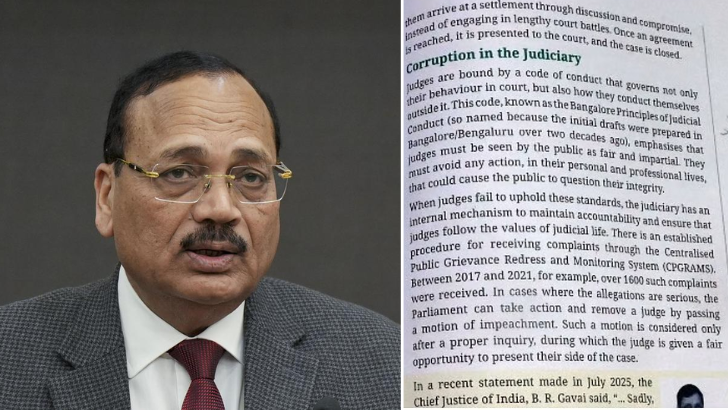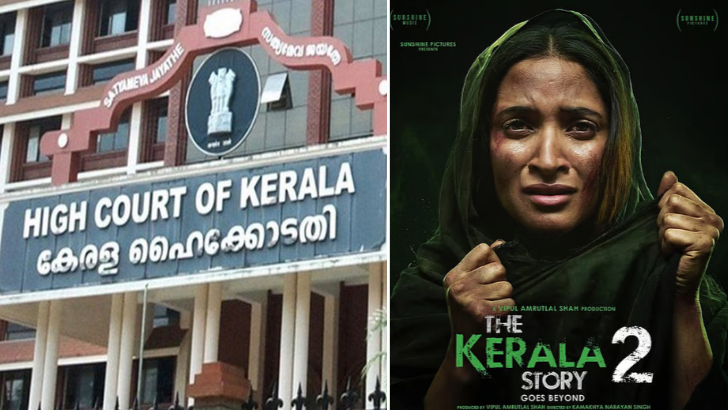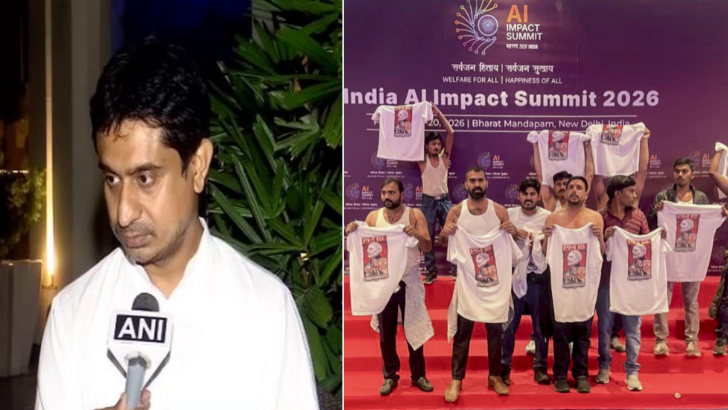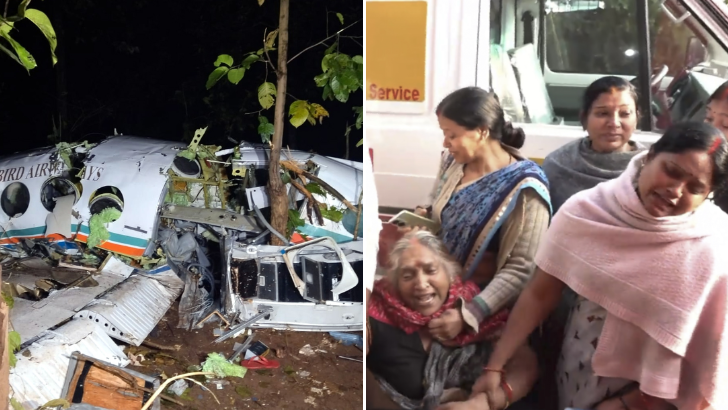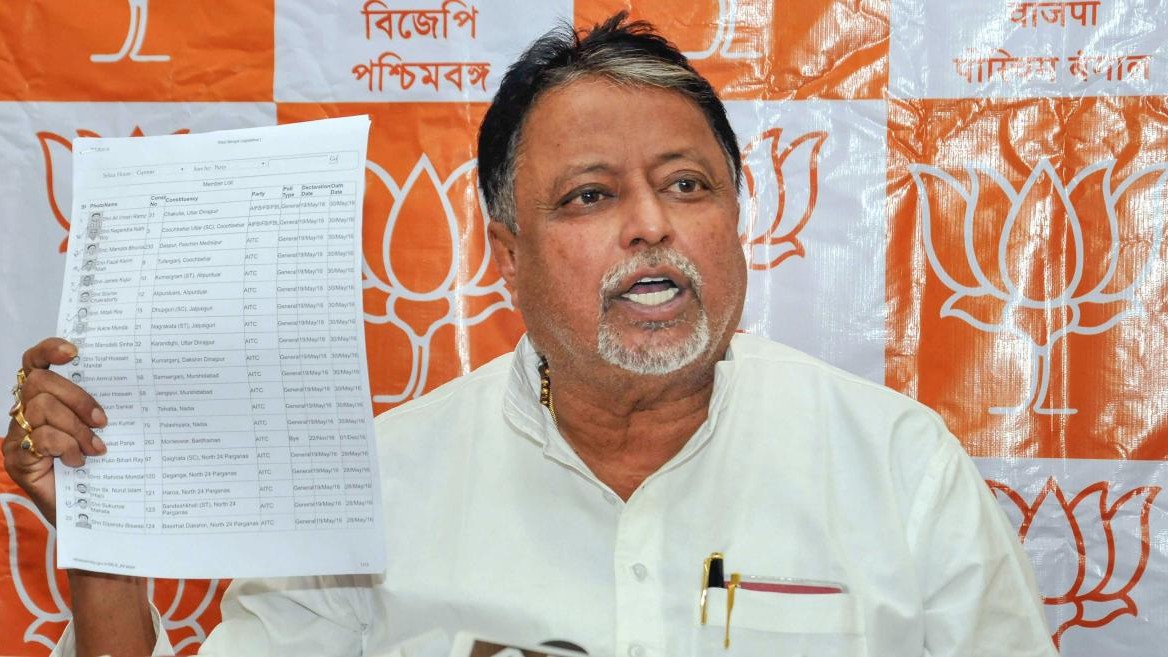SC asks Centre to regulate online content sans censorship
The Supreme Court on Monday directed the Centre to formulate a mechanism to regulate social media content but cautioned against censorship.
PTI
-
A bench of Justices Surya Kant and N Kotiswar Singh said the Centre should take views of all stakeholders
New Delhi, 3 MARCH
The Supreme Court on Monday directed the Centre to formulate
a mechanism to regulate social media content but cautioned against censorship.
A bench of Justices Surya Kant and N Kotiswar Singh said the
Centre should take views of all stakeholders.
"We have suggested the solicitor general to deliberate
upon and suggest such a regulatory mechanism which does not impinges upon the
right of free speech and expression but at the same time is also effective
enough to ensure the parameters of such fundamental right as stated in Article
19 (4) of the Constitution," it said.
The bench further said any draft regulatory mechanism could
be brought in public domain for suggestions from all stakeholders before taking
any legislative or judicial measure.
"For this purpose, we are inclined to expand the scope
of these proceedings," the bench said while hearing a plea of podcaster
Ranveer Allahbadia.
The bench, however, asked for a regulatory regime that did
not lead to censorship.
"It should never. No government will like and no
stakeholder will like. But to say that it’s free for all is also a very
dangerous thing. It's a very dangerous proposition."
Mehta said now everything was in the open and one couldn't
prohibit a child to access something meant for the ages above 18.
"Some guidelines need to be laid, etc., so that we
cannot compete with vulgarity abroad. Our notions of morality are far different
from the notions of other countries. Take the USA for example where burning of
the national flag is a fundamental right under the first amendment and here in
our country we have that as a criminal offence," he submitted.
Agreeing with Mehta's submissions, the court said, “Society
to society the moral standards vary. There are some strict standards in different
societies whereas we are liberal in those standards. We have guaranteed
ourselves the right to speech and the right to expression but these guarantees
are subject to certain riders."
Mehta advocated a need for demarcating vulgarity from
humour.
Justice Surya Kant then referred to a septuagenarian
YouTuber and said one should see his quality of humour.
"Humour is something which the entire family can enjoy.
Nobody feels embarrassed. The programme giver or viewers, anyone. That is what
the talent exhibits and using all filthy language is not talent. Talent is a
very honourable word. We have excellent talent in Bollywood, writers are also
very good at writing humour. See their words and expressions; see their
dialogue and how they interact. There is an element of creativity. It's an
art," he said.
Mehta referred to stand up comics and said while some were
very critical of the government, they did not cross the limit of decency,
morality and vulgarity.
"In a democracy, you can criticise the government with
that kind of humour. So think of what can be a very limited regulatory measure
which must not lead to censorship but must also have some element of control.
So that after all it's a question of posterity. Think of school-going children,
adolescent children, something needs to be done," the bench said.
Justice Surya Kant further outlined an individual's right to
watch anything and said, "Somebody wants to watch anything, that is their
choice. That’s not the problem. Let them do it. Just because you have a
commercial venture and commercial interest and therefore, you can say anything.
That should not be done."
Mehta said without impinging upon individual rights, some
methodology had to be created.
"Freedom of speech and expression is precious and needs
to be protected. But vulgarity and perversity cannot be allowed to reach the
next generation."
Without offering an opinion on the Centre's prospective
measures that would balance the rights, the court said, "We would like all
stakeholders to be invited. It should be brought into the public domain. Let's
have a healthy debate on that and also try to identify to what extent the
society is ready to what kind of intake. That’s extremely important."
The court went on, "You cannot think of something in
society which is not prepared. We are talking about our society. We are not
talking about other societies. Similarly, for regulatory measures, let's invite
media people, other stakeholders, and then we can ask what are the safeguards
and safe measures which can be adopted."
Leave a Reply
Your email address will not be published. Required fields are marked *








.jpeg)

